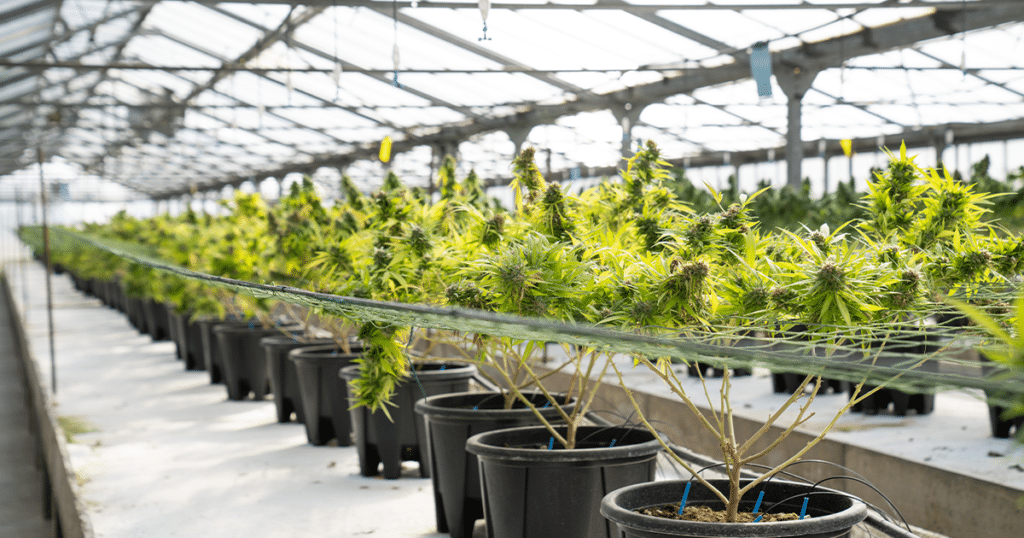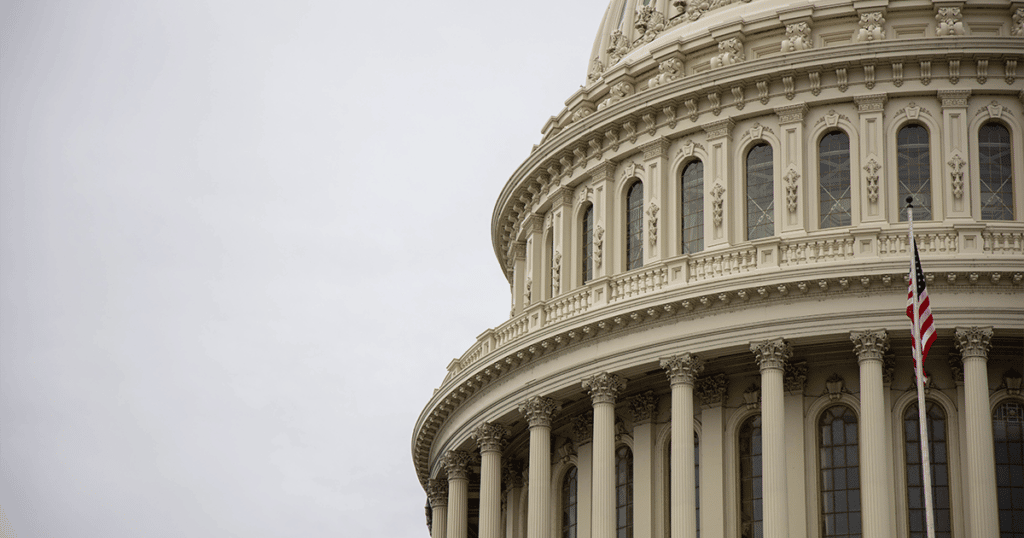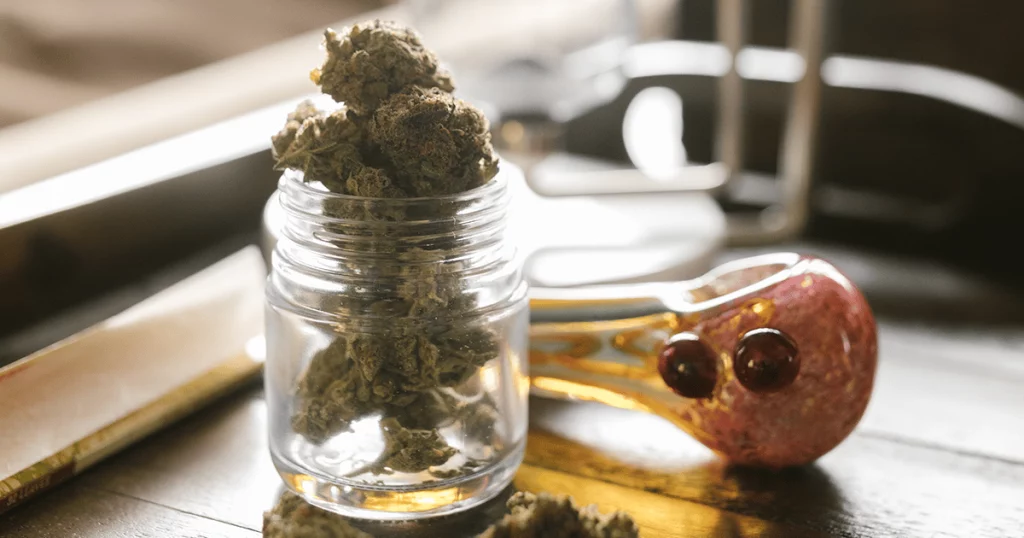As more states legalize marijuana, the federal government’s leading employment agency is proposing to amend questions regarding previous marijuana usage that job seekers must answer “in acknowledgment of shifting societal standards.” According to the report, the measure “may boost the pool of applicants for federal employee and federal contractor employment.”
In a notice to be published in the Federal Register, the Office of Personnel Management (OPM) says it hopes to consolidate various forms that applicants for federal positions must fill out into a new unified Personnel Vetting Questionnaire (PVQ) that includes refined marijuana questions.
The proposed information collection will consolidate numerous existing information and their renewal cycles following ongoing efforts to improve the vetting processes and experience of those undergoing personnel vetting. For the time being, potential federal employees are still forbidden from consuming cannabis regardless of state law. Still, the office indicated that prior marijuana usage would be treated with greater discretion than other federally illegal narcotics.
In recognition of changing societal norms, questions about illegal drug use on the PVQ are separated into areas to distinguish between marijuana or cannabis derivatives containing THC and the use of other illicit drugs or controlled substances. Furthermore, in comparison to other illegal drugs, the PVQ has a more limited breadth of asking regarding prior marijuana use.
Potential Changes
Currently, federal employees are forbidden from using marijuana, and previous marijuana usage by applicants is examined on a case-by-case basis when agencies make decisions. Given the legal environment involving marijuana usage at the state level, separating prior marijuana use from the use of other illegal drugs on the PVQ may increase the pool of applicants for federal employee and federal contractor positions.
The text of the proposed employment forms affected by this policy change has yet to be available. Still, a 60-day public comment period will begin after the notice is formally published on Wednesday. However, questions about illicit substances are already partially disaggregated on forms such as the SF85. Respondents can tick off which drugs they have used, indicating that future states would separate cannabis even further.
The policy reform is required to consolidate the many existing pieces of information collected into pieces that build on one another based on the risk and sensitivity of the position, allowing for improved efficiency in vetting processes and decreasing the load on persons who move to places of greater risk or sensitivity.
Last year, the Biden administration implemented a regulation that allows waivers to be granted to some workers who acknowledge prior cannabis use. Still, some lawmakers are asking for more changes.
Rep. Jamie Raskin (D-MD), for example, announced last week at a congressional hearing on marijuana legalization that he wants to propose legislation to safeguard government workers from being denied security clearances because they use marijuana. There are 2.85 million federal employees in America, with over 100,000 working in his state. And people have been denied federal work because they honestly disclosed on a security clearance form that they once used marijuana, something more than half of the country has done.
Raskin proposed an amendment immediately before the House passed a legalization bill earlier this year that would require federal agencies to review security clearance denials dating back to 1971 and prohibit cannabis from being used “as a justification to deny or withdraw a security clearance.” However, in a floor vote, that measure was narrowly defeated.

An Unclear Future
The text of the congressman’s upcoming bill has not yet been made public, so it’s unclear whether the scope will only cover past cannabis use or if it will allow federal employees who live in states that have legalized marijuana to use it on their own time while maintaining their security clearances.
As part of the National Defense Authorization Act (NDAA), Senate leaders attempted to attach more extensive intelligence legislation that included a clause prohibiting the denial of security clearances based on cannabis use, which had been passed by a Senate committee earlier this year. However, after two Republican senators objected to the inclusion of marijuana, it was removed from the bill, prompting the sponsor to file separate, broader amendments.
One of Senator Ron Wyden’s (D-OR) proposals would prohibit the denial of federal security clearances for people who have used cannabis at any time. At the same time, the other would limit the protection to people who admit to using cannabis in the past entering national security vetting.
As more states legalize marijuana in some form, workplace cannabis practices have come under fire. Earlier this year, the nation’s largest federal employee union passed a resolution supporting the legalization of marijuana and calling for an end to policies that penalize federal employees who use cannabis responsibly while off the clock in states where it is legal.
A provision in a federal marijuana legalization bill introduced by Senate Majority Leader Chuck Schumer (D-NY) in July would expressly prohibit federal employers from testing employees for cannabis, with exceptions for certain positions such as those involving national security or law enforcement.
Despite state initiatives to legalize cannabis for medical and recreational purposes, federal authorities have been hesitant to relax cannabis-related employment laws.
The Substance Abuse and Mental Health Services Administration (SAMHSA) suggested changes to federal workers’ drug testing policies to clarify that having a doctor’s recommendation for medical marijuana isn’t a valid excuse for a positive drug test. At the same time, the director of national intelligence (DNI) stated late last year that federal employers should not outright reject security clearance applicants based on prior cannabis use and should exercise caution when dealing with those who have cannabis investments in their stock portfolios.
While the Biden administration implemented a policy to allow for discretion in government employment and past cannabis usage, it has come under fire from advocates after early claims that the White House fired or otherwise disciplined scores of individuals who were open about their marijuana use.
Jen Psaki, then-White House Press Secretary, tried unsuccessfully to minimize the repercussions by issuing a statement last year stating that no one was dismissed for “marijuana usage from years past,” nor was anybody removed “due to casual or infrequent use during the prior 12 months.”

The fact that the proposal to allow for the consumption of cannabis for federal employees has come from the top federal employment agency is a massive step in the right direction. However, until federal employees are allowed to use marijuana, we can’t fully count this as a win yet.
Cannabis has been vilified for decades, and it’s time that its use becomes normalized across the board. The small steps the government has been taking are fantastic, but we cannot give up until weed has become as normalized as cracking open a beer.
Enjoyed that first hit? Come chill with us every week at the Friday Sesh for a freshly packed bowl of the week’s best cannabis news!
















